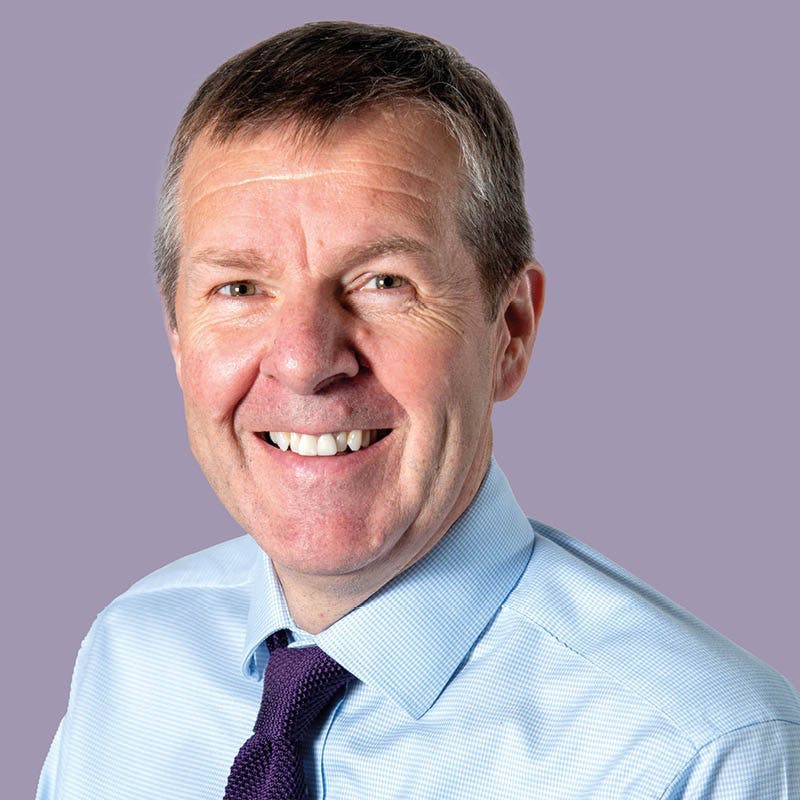IICSA hearing explores child sexual exploitation
By David Greenwood
On 21 September the Independent Inquiry into Child Sexual Abuse (“the Inquiry”) began its hearing which explores child sexual exploitation (“CSE”).

David Greenwood, an expert lawyer in CSE who represents over 80 survivors of CSE in England, including survivors of the Rotherham Abuse Scandal which has gained national attention for the failings of the authorities, is representing Parents Against Child Exploitation (“PACE”).
PACE works with parents and/or carers of children who are deemed to be at risk of CSE. They provide advice and training to help better understand CSE, what the young person is experiencing and how to support them.
At the conclusion of this article you can find David Greenwood’s Opening Speech on behalf of PACE.
The Inquiry into CSE is due to last 2 weeks, concluding on 02 October. During the course of the hearing the Inquiry will hear from survivors of CSE, professionals involved in supporting children being exploited and their families, the authorities responsible for protecting our children and other experts in this field.
David Greenwood and his team are hopeful that this Inquiry will shine a light on issues that affect young people at risk of being exploited and help professionals better understand the signs of exploitation and how to protect vulnerable young people. It is also hoped that the Inquiry will make recommendations to enable survivors better access to the justice system and support services trained to understand the trauma of CSE.
If you or someone you know has been affected by CSE and would like some confidential advice please do not hesitate to contact David Greenwood on 0800 138 4700 .
Opening Speech
- I represent a third sector organisation called PACE UK “Parents Against Child Exploitation”. It is a charity whose main aims are:
undefinedundefinedundefinedundefinedundefinedundefinedundefined - This organisation’s parent support workers provide independent, non-judgmental and confidential support, which fully recognises the rights of parents in decisions on how to reduce the risk of harm to their children. PACE listens to parents’ concerns, gives information on statutory agencies and procedures and passes on advice from other affected parents, should it be required. PACE never blames parents for what is happening to their child.
- Many local authorities and police and crime commissioning offices fund PACE to provide dedicated support to parents of sexually and criminally exploited children. PACE works in multi-agency teams tackling child exploitation. This enables parents to gain the understanding and support they need about what is happening to their child, share information they have to assist with the police investigation, and strengthen their ability to cope and reduce risks to the child.
- PACE is currently commissioned in 7 areas: Blackburn with Darwen, Rochdale, North Yorkshire, Calderdale, Kirklees, Wakefield and Liverpool.
- Evidence shows that where PACE is embedded in the system safeguarding outcomes are much improved with a reduction in missing from home episodes, a reduction in children going into care. This is because parents’ ability to cope is strengthened.
- A report commissioned by PACE UK and researched by academics Nancy Pike, Maria Langham and Sarah Lloyd was published on 24th January 2020. The report is published on the PACE website.
- The study involved two parent focus groups of 11 parents and 1 grand-parent who had previously received support from PACE, and in-depth interviews with 20 individual parents. All participants had received support from PACE in the recent past (between April 2016 and March 2018). Key findings are these;
- Parents initially contacted Children’s Social Care for help when they realised their child was being sexually exploited. The responses they encountered led them to believe that Children’s Social Care services were ill-equipped to deal with this form of exploitation. Parents reported a lack of understanding of child sexual exploitation among Children’s Social Care staff and a failure to address the risks and harms their child was facing. They frequently described the following issues;
undefinedundefinedundefinedundefinedundefinedundefinedundefinedundefinedundefined - The scene is not entirely negative. By way of positive examples;
- Alexis Jay’s Rotherham Report has served as a catalyst. Her report on the extent of CSE in Rotherham published 6 years ago in August 2014 was a turning point for many working in the field of CSE. The report laid bare the institutional bias and hostile culture against victims and their families and vindicated everything that PACE had been saying since its inception in 1996.
- In terms of the Government Response to Rotherham, Local Children’s Safeguarding Boards have been given a mandatory duty to tackle CSE.
- Child sexual abuse was given the status of “national threat” in the Strategic Policing Requirement so it is now prioritised by every police force.
- Yet the PACE experience shows that in practice these changes have not translated into good coal face practice. Many practitioners are struggle to get their heads round the complexity of CSE and how to best respond.
In the opinion of PACE Social Care are still working to a child protection model based on;
- Young children not teenagers
- Abuse within the home not outside
- Children seen in isolation and not as part of a family, and by implication only professionals can provide solution to CSE
- PACE sees parents who are traumatised by seeing their child victimised and abused and who want to do everything in their power to help. Yet still they are treated as part of the problem.
- PACE wants parents recognised as the central resource in the fight against exploitation.
If you need help or advice with regard to Child Abuse Compensation, call us on 0800 138 4700 or contact us through the website
Find out how Switalskis can help you
Call Switalskis today on 0800 1380 458 . Alternatively, contact us through the website to learn more.



